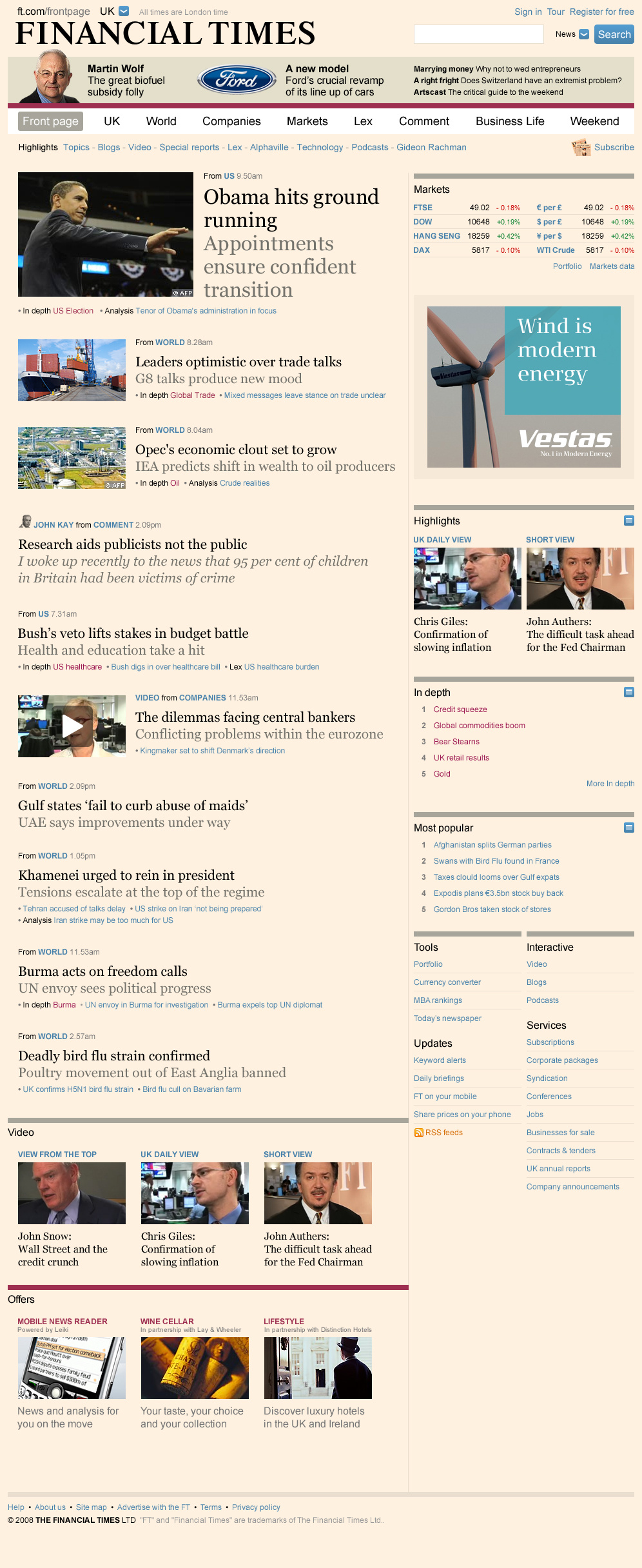Integrating newsrooms isn’t just a matter of putting all you desks in a spoke and fulcrum formation and projecting the web traffic figures on the wall.
The small matter of how you remunerate journalists expected to work both for print and web is an issue for newspapers across the globe.
It’s an issue that the Guardian and Telegraph, to name just two in the UK, have been wrestling with as they bring their divergent print and online editions closer together.
International editors sitting on a panel looking at whether integrated newsrooms are really working at the World Editors Forum, today in Goteborg, Sweden, admitted to a similar set of problems.
Jim Roberts, editor of digital news at the New York Times, told delegates that the Times’ own integration plans were hampered by the different contracts and lower pay web journalists were receiving compared to their print colleagues.
Roberts is overseeing the introduction of a ‘horizontal’ news production system where each separate news department has web producers embedded with them to encourage multimedia content production, oversee publication.
The Times is trying to spread multimedia, video, podcasts and interactive features across all its news verticals – even to the point where the Times is reverse publishing blog content as columns into the printed edition of the newspaper.
This drive for web content has also brought a renewed thirst to keep the newspaper print edition fresh, as Roberts said ‘to redirect this energy back into print’.
But as staff are now expected to work for both web and print, the different contracts they work under has led to union wrangles. WSJ.com managing editor Almar Latour and Javier Moreno, editor-in-chief of El Pais, Spain, agreed that they faced similar contractual problems on their integration projects.

 website-or-offline-more-trustworthy
website-or-offline-more-trustworthy